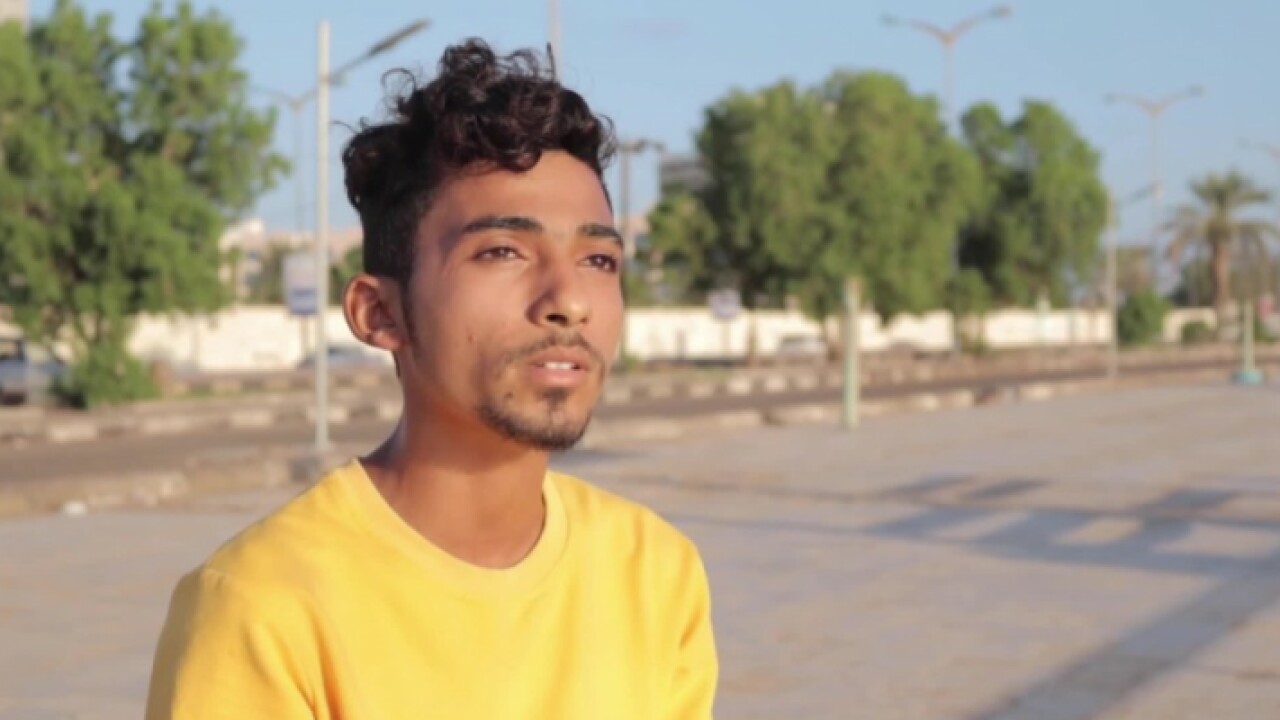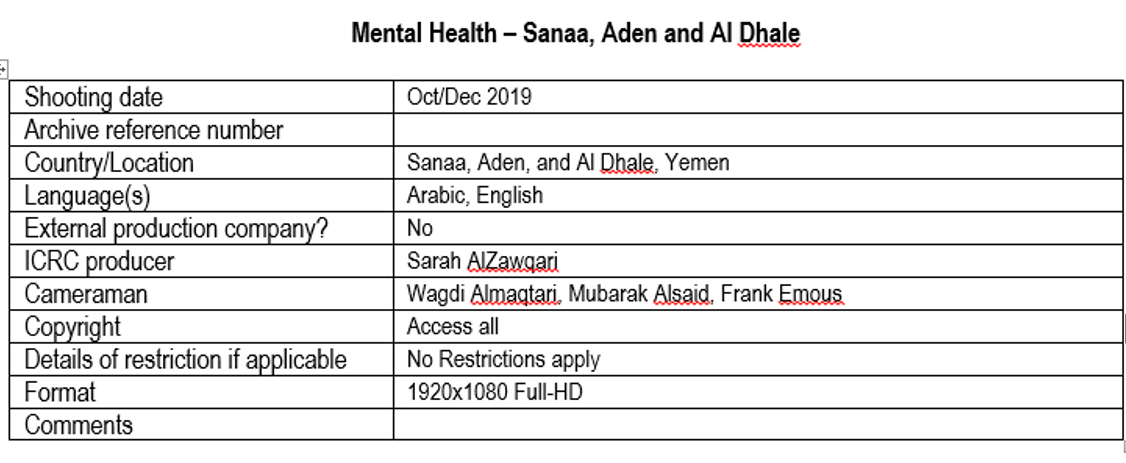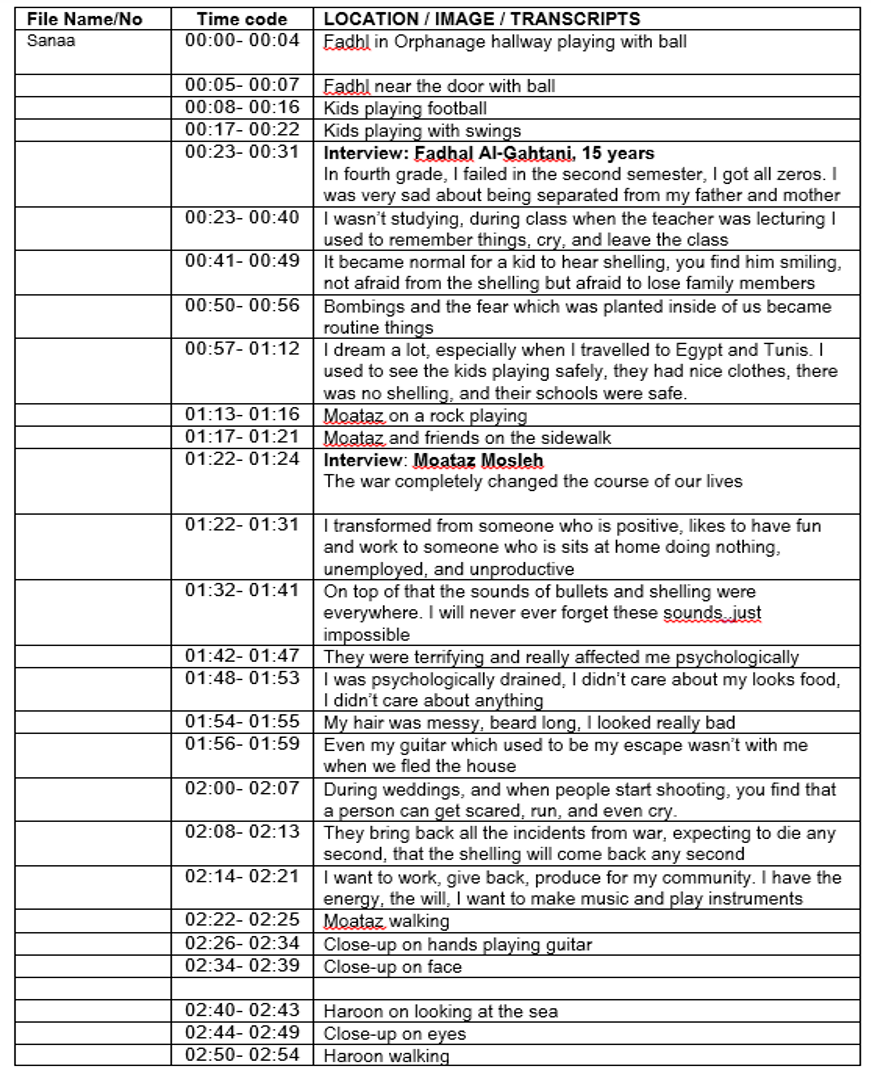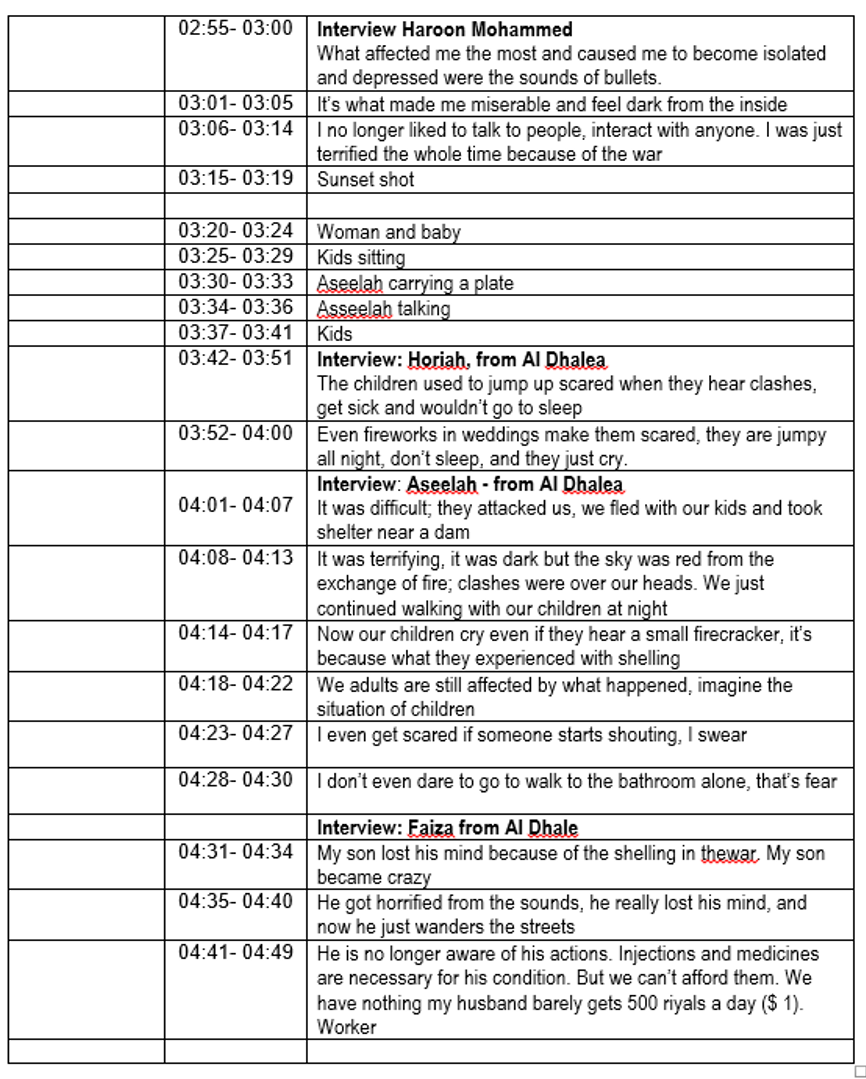Yemen: Hidden Wounds Inflicted By The Four-year Conflict that Rages On

This is a modal window.
One year after the signing of the Stockholm Agreement, the humanitarian situation in Yemen remains catastrophic. More than 24 million people (out of 30.5 million) need aid, an estimated 80% of the population.
Widespread conflict, severe economic decline, food insecurity and the collapse of essential public services continue to take an enormous toll on the population’s physical and mental health.
Examples abound of how the conflict is impacting people’s view of the present and future. In Al Dhalea province, mothers described the impact of the violence to the International Committee of the Red Cross.
“Now our children cry even if they hear a small firecracker,” Aseelah told the ICRC. ”Adults are still affected by what happened, so imagine the situation of children.”
In one of Sanaa’s biggest orphanages, teenagers recounted how the conflict had changed their outlook.
“I wasn’t studying during class. When the teacher was lecturing I used to remember things, cry, and leave the class,” 15-year old Fadhal Al-Gahtani told the ICRC, describing the impact that being separated from his parents had on him. “It became normal for kids to hear shelling. You find them smiling, not afraid of the shelling but afraid to lose family members.”
Across the world, more than one person in five in a conflict-affected area lives with some form of mental health condition, from mild depression and anxiety to post-traumatic stress disorder. That is three times more than the general population worldwide suffering from these conditions.
Supporting people’s mental health can be lifesaving in times of war and violence, just as much as stemming a bleed or having clean water. People must be supported in rebuilding their lives and helping their communities to thrive again.
New data shows a growing awareness of the importance of mental health in conflict situations. Seventy-three percent of millennials believe supporting the emotional or mental health needs of victims of war or armed violence is as important as water, food and shelter, according to a survey commissioned by the ICRC in 16 countries, including countries affected by war.
Note to editors:
Around 500 children from the age of 6 to 18 live in the Sana’a Orphanage Center and receive their education there. The orphanage has sent 120 students on to university for further study. The ICRC is supporting the rehabilitation of the building, sanitary facilities and kitchen.
Al Dhalea province is halfway between Sana’a and Aden and is considered a major entry point for aid and commercial supplies. Each time the hostilities resume, they disrupt the main route for goods and displace thousands of people.
The 73 percent data point quoted is taken from an Ipsos survey commissioned by the International Committee of the Red Cross (ICRC) of more than 16,000 people aged 20 to 35. The survey shows a growing awareness of the importance of mental health needs in conflict situations. The full survey will be released in January 2020.
ICRC Regional Spokesperson Sarah Alzawqari recently visited Yemen and is available for interview – contact her +9613138353, salzawqari@icrc.org
SHOTLIST
Location: Aden, Sanaa and Al Dhale, Yemen
Length: 4:50
Format: 1920x1080 Full-HD
Camera: Wagdi Almaqtari, Mubarak Alsaid, Frank Emous
Producer: Sarah Alzawqari
Filming date: October 2019
Copyright: ICRC access all






